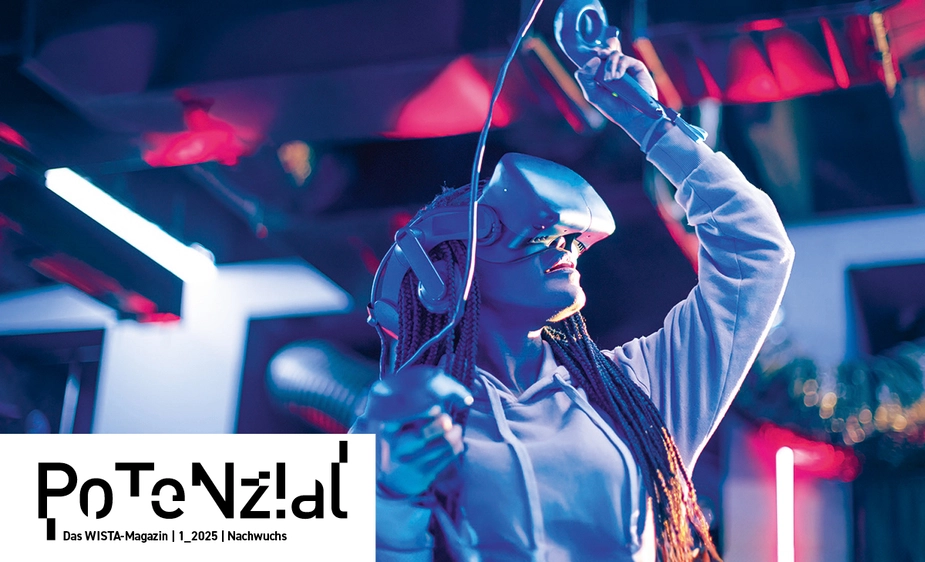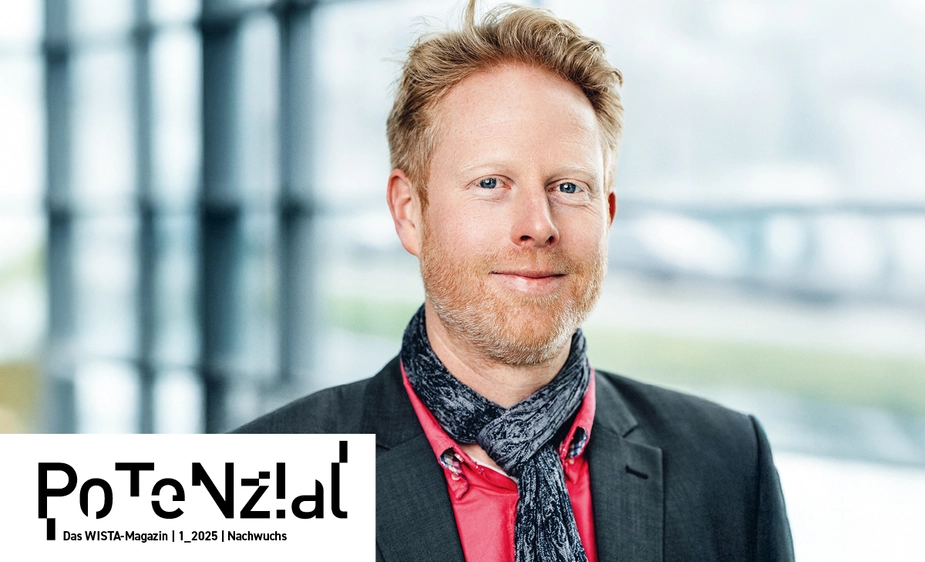The future of work: When machines become colleagues
Tomorrow’s world of work is being shaped at the “Zukunftsorte” locations in Berlin
The world is changing. Innovations like chatbots, virtual realities, and smart robots have arrived in the workplace and will bring about fundamental changes in the years ahead. At Berlin Science Week in November 2024, numerous experts shared their insight into what this world could look like. But what does this mean for all of us?
“Our event ‘The Future of Work – Humans and Machines as a Superteam’ was particularly important to us because the technological development is precipitating massive changes in the workplace,” says Steffen Terberl, head of the Zukunftsorte Business Office, who organised and moderated the event. “Particularly at the interface between research and industry, these developments are opening up many opportunities that the Zukunftsorte project aims to harness.” The Zukunftsorte Business Office is a project of the Senate Department for Economic Affairs, Energy and Public Enterprises, while WISTA Management GmbH is commissioned to implement it. Zukunftsorte (German for future places) are eleven locations spread all over Berlin that are shaping tomorrow’s world of work today.
The future of work will be shaped by advanced technologies—of that the experts at the event in Berlin were certain. The Zukunftsorte project therefore focuses on building networks that connect institutional research with start-ups and more established companies. In tomorrow’s workplace, collaboration will go beyond human connections to include partnerships between humans and machines. Robots will support their human colleagues and take on dangerous, repetitive, or physically demanding tasks. One example is the painting robot of ConBotics GmbH, whose capabilities were showcased by the CEO Cristian Amaya during the event at Urban Tech Republic—one of eleven Zukunftsorte.
Artificial intelligence (AI) is an important driver of this too. The technology has been become synonymous with ChatGPT. With that, as noted in the talk given by Robert Peter from the Institute for Innovation and Technology (iit), the developer OpenAI has generated the biggest hype of the more recent digital age. Within five days, one million users had registered. But what does that mean for the future of work? To harness the full potential of such systems, the speaker emphasised, building socio-technical competencies is crucial. It is not merely about being able to operate these systems without error. The ability to assess and contextualise their use is equally important. Only with these competencies can people use AI responsibly.
During the concluding discussion, the experts agreed that the future is often imagined as either a utopia or dystopia. Moreover, misconceptions over what AI and robots are able to achieve are widespread. Despite the ongoing transformation in almost every profession, the impact on the labour market is expected to be positive for the foreseeable future. In many areas, rather than reducing jobs, the transformation is creating new ones to manage the transformation. Where labour is scarce, for example, as in healthcare or the skilled trades, emerging technologies can close gaps and alleviate physical and mental strain.
Those eager to immerse themselves in tomorrow’s world of work already today could find Berlin a fitting place to start. Companies like ConBotics, which equips construction professionals with innovative robotic colleagues; projects like HyAirLogic Lab, which is aimed at developing a hydrogen-powered cargo drone and the infrastructure for it; and, finally, technologies such as Vay’s teledriving system, which remotely navigates cars through city traffic. They all showcase Berlin’s technological prowess. “The talks by our invited experts on the use of AI and robotics demonstrated how the Zukunftsorte are shaping the workplace of tomorrow, creating new professions, and highlighting Berlin’s extraordinary capacity for innovation,” says Terberl, reflecting on the panel debate held at Berlin Science Week.
Kai Dürfeld for POTENZIAL

